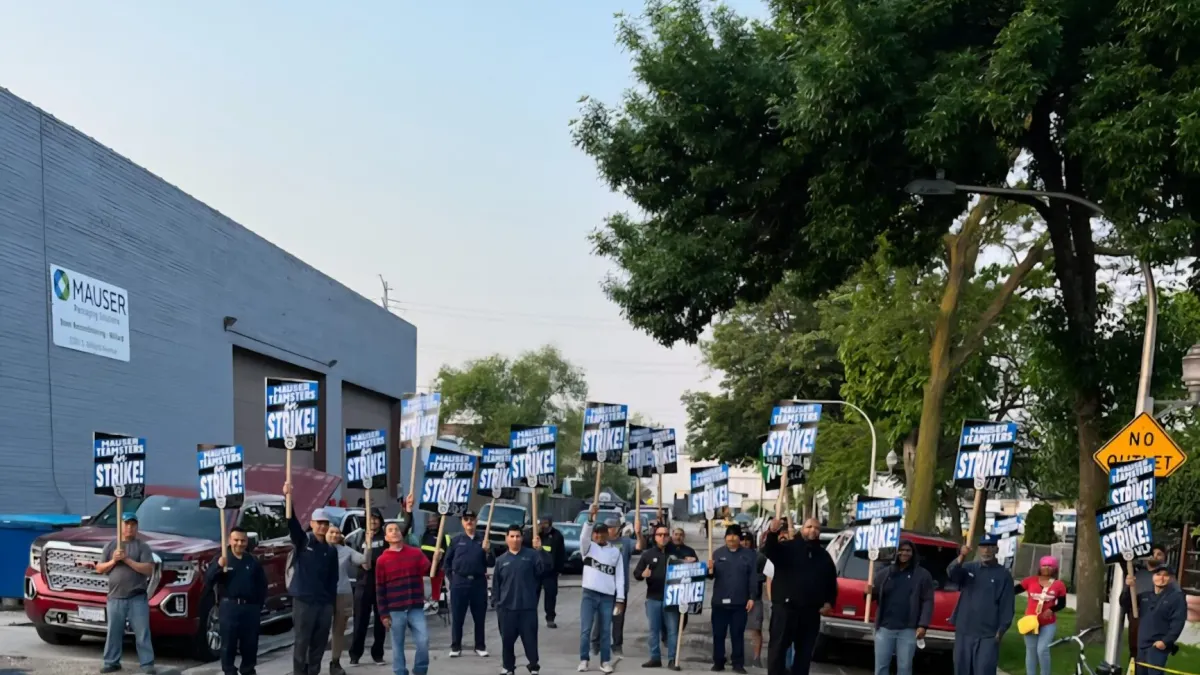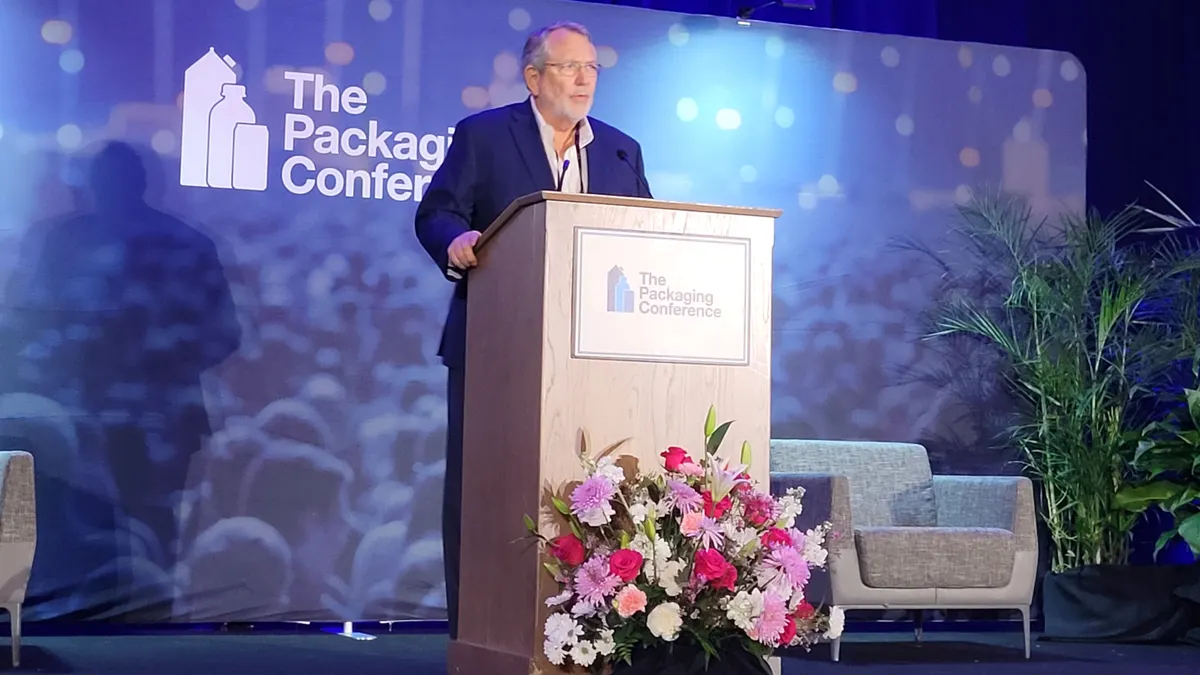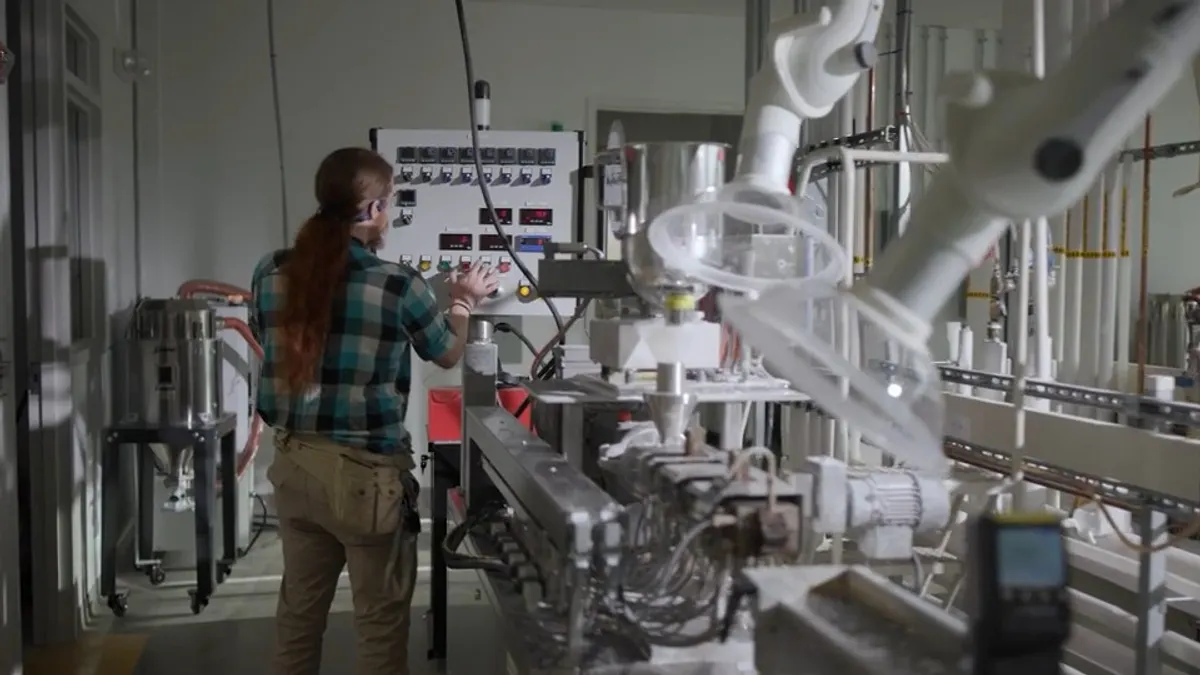A Mauser Packaging Solutions subsidiary, Industrial Container Services, is “tentatively” closing a facility in Chicago where Teamsters members had been striking since June, a Mauser spokesperson told Packaging Dive via email. This is not the first instance this year of the company closing one of its facilities amid an employee strike.
The Chicago closure is slated for Nov. 21 and would affect 168 workers, according to a worker adjustment and retraining notification filed with the state of Illinois. Going forward, the company will “leverage its operational footprint across other Midwest facilities to serve customers in the region,” according to the spokesperson. And Mauser “will be meeting with our employees’ representatives concerning this decision.”
The closure comes after a “thoughtful evaluation” as this Chicago site faced “a range of operational challenges” and shifting market dynamics, such as lower demand and heightened competition, the spokesperson said. The company therefore determined this site “no longer aligned with our broader strategy to optimize resources and efficiently allocate capital for the benefit of both our company and our customers.”
“Closing this facility was not an easy decision, especially knowing the effect it has on our team members, their families, and the surrounding community,” President and CEO Mark Burgess said via email.
Members of the International Brotherhood of Teamsters Local 705 began striking June 9 at this facility, which reconditions steel drums. That same week, Mauser Teamsters members in Los Angeles and Minnesota began labor actions in solidarity with Chicago.
Mauser is based in the Chicago suburb of Oak Brook, Illinois, and has sites across the world. The rigid packaging solutions manufacturer has three other production locations two miles or less from the plant that’s set to close, with a total of 10 in the greater Chicago area.
Mauser did not include information about the Chicago strike in its email Tuesday, and it did not respond to multiple requests for comment about the strike over the last month. Neither the International Brotherhood of Teamsters nor Teamsters Local 705 provided comments about the Chicago strike or facility closure following multiple requests from Packaging Dive in recent weeks.
Companies rarely permanently close facilities where employees are striking, and in some cases it’s illegal. However, it’s difficult for a union to prove closures are due to a strike instead of business conditions, and laws tend to favor employers, a labor expert told the Chicago Tribune.
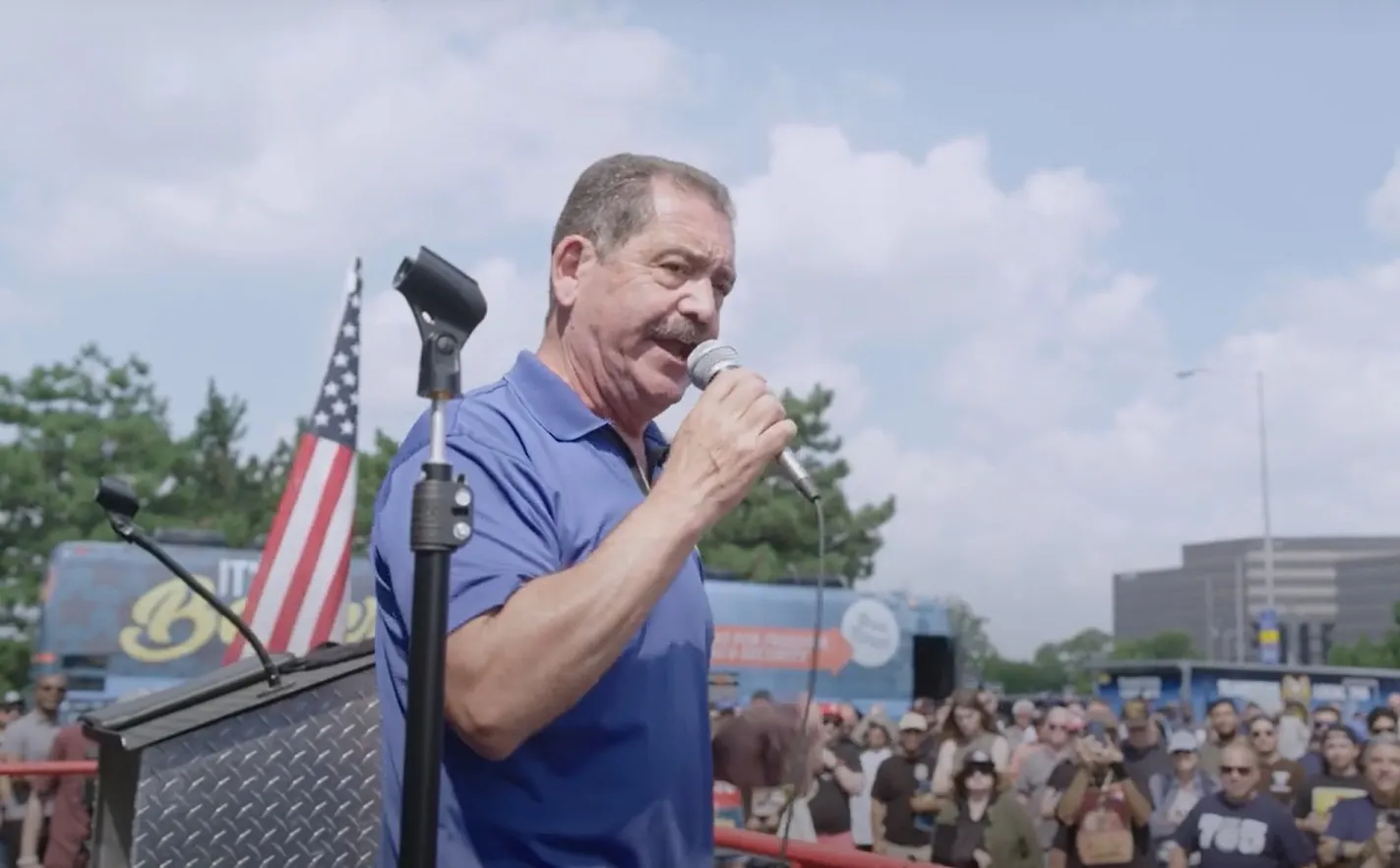
Similar strike scenarios
The Chicago situation mirrors what occurred at a facility in Seattle earlier this year. A contract dispute broke out there, and in April Mauser reportedly locked out 20 employees.
In July, Mauser closed that facility, and “our Union negotiated a separation agreement on behalf of our membership,” Local 117 Secretary-Treasurer Paul Dascher told Packaging Dive via email. “We utilized the Washington State Labor Council workforce development program to assist our members seeking employment to find jobs elsewhere.”
Mauser did not respond to a September request for comment about the Seattle closure.
Kimberly Braam, communications director at Mauser Packaging Solutions, said via email in June that the company remained “committed to reaching a fair agreement and safeguarding the long-term viability of our operations” in Chicago, and it regretted the union’s choice to strike during a time of economic uncertainty.
At that time, the union accused Mauser of failing to present a fair contract, and said workers requested higher wages, better benefits and safer working conditions.
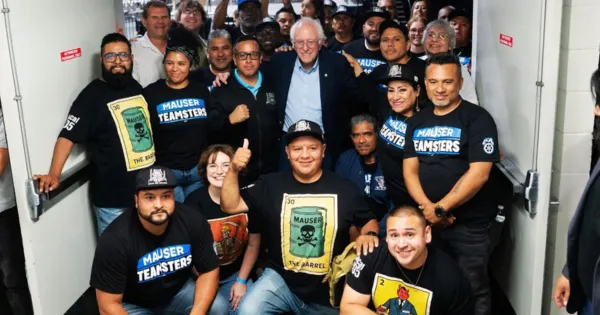
Safety and immigration concerns
Teamsters Local 705 posted multiple statements, images and videos on its website this year — most recently on Sept. 22 — detailing grievances regarding the Chicago site. They claimed Mauser fostered dangerous working conditions, including exposing workers to harmful chemical emissions, and did not always provide workers with adequate protective gear.
In July, unions supporter Sen. Bernie Sanders, I-Vt., penned a letter to Burgess requesting he address the “egregious health risks” at the Chicago plant and negotiate a fair contract with employees, according to Chicago-based magazine In These Times. In August, Sanders met with the Chicago Mauser employees during a nationwide tour.
Also in August, the Teamsters rejected Mauser’s most recent contract offer. That occurred the same day Chicago Mayor Brandon Johnson and Rep. Jesús "Chuy" García, D-Ill., spoke at a rally outside the plant, including about ensuring worker protections against federal immigration action.
“Workers have been demanding a fair deal for months that will protect them from dangerous chemicals, allow them to provide for their families, and prevent ICE from entering the plant without a judicial warrant. As the relentless targeting of immigrants, legal residents, and U.S. citizens continues, it’s shameful for any company to betray its workers,” García told Packaging Dive via email Wednesday morning.
“This closing is not about market dynamics; it’s about a multinational corporation walking away from its workers rather than treating them with dignity. A company that would rather shut down than commit to better work conditions is already bankrupt,” García continued.
As of late summer, the union became vocal in its requests that Mauser provide such protections, specifically disallowing Immigrations and Customs Enforcement officers from entering the property unless they have judicial warrants. Teamsters Local 705 said these are “common-sense measures” that would not cost the company any money. But the union says Mauser did not want to include such language during contract negotiations, the Chicago Sun-Times reported in August.
This Mauser location is in Chicago’s Little Village neighborhood, one of the Midwest’s largest communities with residents of Mexican descent and a notable target for ICE agents in recent weeks. The workforce is about 90% Latino and 10% Black, In These Times reported. Some of the employees are immigrants, and some have legal status but are still fearful of ICE’s actions, the Chicago Tribune reported.


